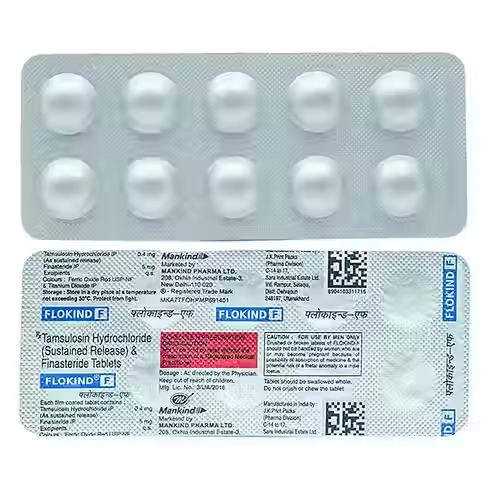USA Toll free number:
+1 (719) 601 9825
Free shipping all order above $199 - Shop smart, Save more!!!
Track order
Cardiac
CATEGORIES
:- Cardiac
❤️ What Is Cardiac Health?
Cardiac health refers to the health and proper functioning of the heart and blood vessels (also known as the cardiovascular system).
It involves how well your heart pumps blood and how your arteries and veins carry oxygen and nutrients throughout the body.
Maintaining heart health is essential for preventing heart disease, stroke, and other life-threatening conditions.
🫀 Organs and Structures Involved in Cardiac Health
-
Heart – Pumps oxygenated blood to the body
-
Arteries – Carry blood away from the heart
-
Veins – Carry blood back to the heart
-
Capillaries – Tiny vessels where oxygen exchange occurs
-
Coronary Arteries – Supply the heart muscle with blood
Common Cardiac Conditions
Some of the most common heart-related diseases include:
-
Coronary Artery Disease (CAD) – Blocked arteries reduce blood flow to the heart
-
Heart Attack (Myocardial Infarction) – Caused by blocked blood flow
-
Heart Failure – The heart can’t pump blood effectively
-
Arrhythmias – Abnormal heart rhythms (e.g., Atrial Fibrillation)
-
Hypertension (High Blood Pressure) – Affects heart and vessel function
-
Valvular Heart Disease – Damaged heart valves
-
Congenital Heart Defects – Heart problems present from birth
Symptoms of Cardiac Conditions
1. Medications
-
Beta-blockers – Slow the heart rate
-
ACE inhibitors / ARBs – Lower blood pressure
-
Statins – Reduce cholesterol
-
Blood thinners (anticoagulants) – Prevent clots
-
Diuretics – Reduce fluid buildup
2. Minimally Invasive Procedures
-
Angioplasty and Stenting – Opens blocked arteries
-
Cardioversion – Resets abnormal heart rhythms
3. Surgical Treatments
-
Bypass surgery (CABG) – Creates new pathways around blocked arteries
-
Valve repair/replacement
-
Pacemaker or ICD implantation
Side Effects of Cardiac Medications
MedicationPossible Side Effects
Beta-blockersFatigue, slow heartbeat, cold hands/feet
ACE inhibitorsCough, dizziness, high potassium
StatinsMuscle pain, liver changes
Blood thinnersBleeding, bruising easily
DiureticsFrequent urination, low potassium, dehydration
🧪 Diagnosis of Cardiac Conditions
Doctors use various tools to diagnose heart conditions:
-
ECG (Electrocardiogram) – Measures heart rhythm
-
Echocardiogram (Heart Ultrasound) – Checks heart structure and function
-
Stress Test – Monitors the heart during exercise
-
Cardiac CT or MRI – Detailed heart imaging
-
Angiography – Visualizes blood vessels
-
Blood Tests – Check for cardiac enzymes, cholesterol, etc.
Prevention of Heart Disease
Protect your heart by following these tips:
-
Eat a heart-healthy diet: Low in salt, sugar, and saturated fats
-
Exercise regularly: 30 minutes a day, 5 times a week
-
Avoid smoking and limit alcohol
-
Manage stress and get enough sleep
-
Monitor blood pressure, cholesterol, and blood sugar
-
Take prescribed medications as directed
-
Get regular checkups, especially if you have a family history of heart disease
%20(1).jpg)
(Sildenafil)
(Cenforce 150 mg)
.jpg)
%20(1).jpg)
(Tadalafil)
(Vidalista 60mg)
%20(1).jpg)













